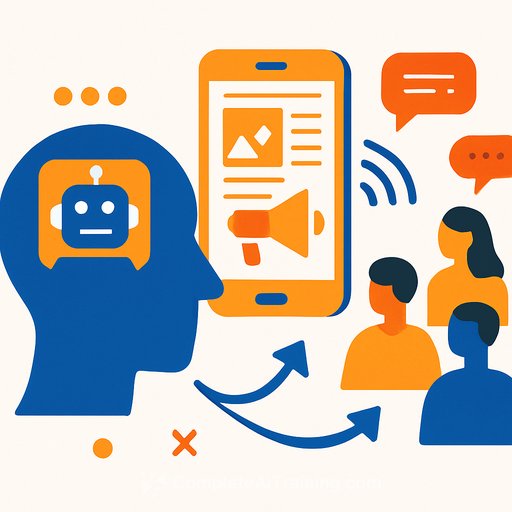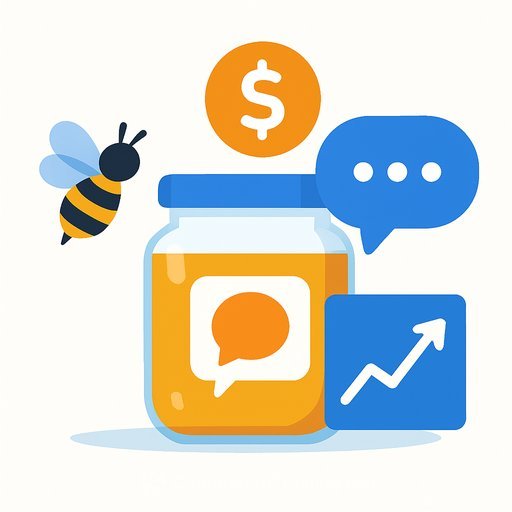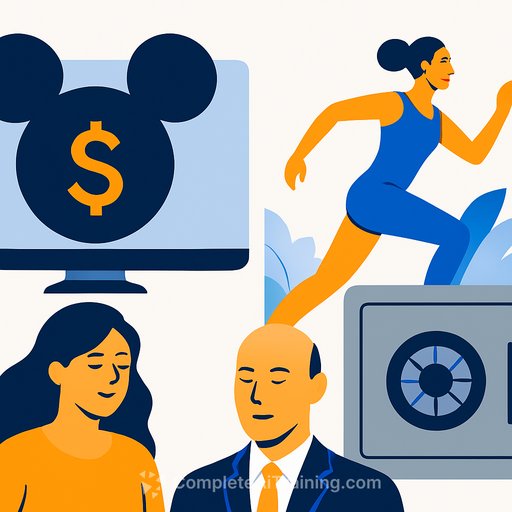Misinformation and AI
Misinformation often starts small—a fake story or a doctored photo of a movie or sports star. Many social media users shrug it off, calling it heartwarming or believable “just in case.” The real issue is that accepting these minor falsehoods makes it easier to believe more harmful fabrications later, especially those affecting real people through manipulated images. Some AI-driven posts are deliberately crafted to spark division within communities.
This series from InvestigateTV explores both the positive uses of AI and the ways bad actors exploit it to deceive people, steal money, and manipulate emotions.
Real or AI? Test Your Skills with Interactive Games
Upcoming InvestigateTV Stories
How is AI impacting your city? Gray Media’s network of 110+ news stations across the country is uncovering AI-related stories that matter to your family and community. Use the interactive map above to find the latest reports in the "mAnIpulated" series near you.
The Positive Impact of AI
Share Your AI Experiences!
Have you seen AI make a difference in your life? Upload a photo or video describing your experience using the form below. Your stories can help others understand AI’s real-world effects.
Previous Stories from InvestigateTV
Foreign Scammers Use AI Military Photos to Steal from U.S. Widows
Scammers use AI-generated images of wounded soldiers on social media to lure Americans into interacting with fake overseas pages. These fake profiles often show soldiers holding signs saying things like “I miss my family” or “I’m finally going home.” Many images depict uniformed military couples with babies. All are fabrications designed to deceive and exploit.
Schools Across the Country Experience Benefits and Risks of AI in the Classroom
AI tools like ChatGPT are gaining attention in education for their ability to answer questions, create lesson plans, and analyze student work. Educators are exploring how these programs can support learning while also weighing potential risks.
How AI Technology Allows Fatal Drug Overdose Victims to Share Their Stories
Each year, tens of thousands die from drug overdoses, often unknowingly taking lethal doses. In 2019, counterfeit pills contributed to 2% of overdose deaths. A new anti-drug campaign uses AI to give voice to victims of fentanyl overdoses, allowing their stories to reach the public in a powerful way.
Your membership also unlocks:






